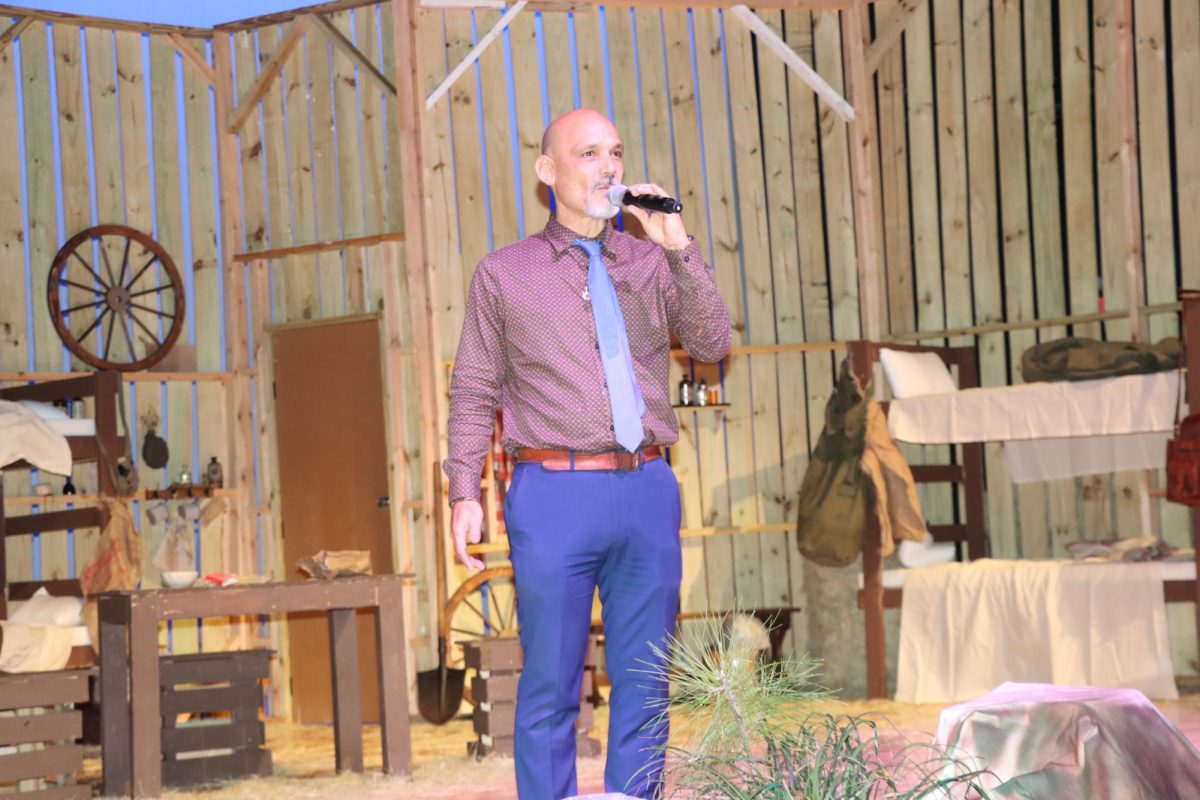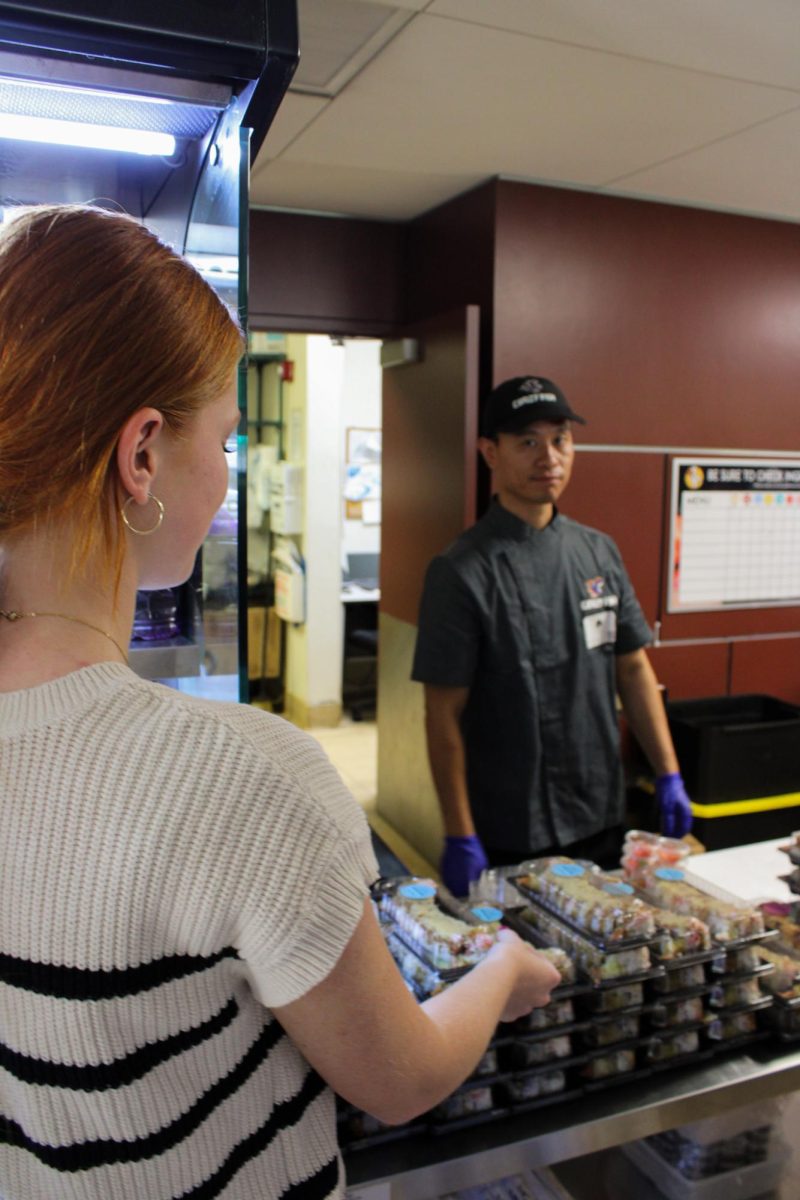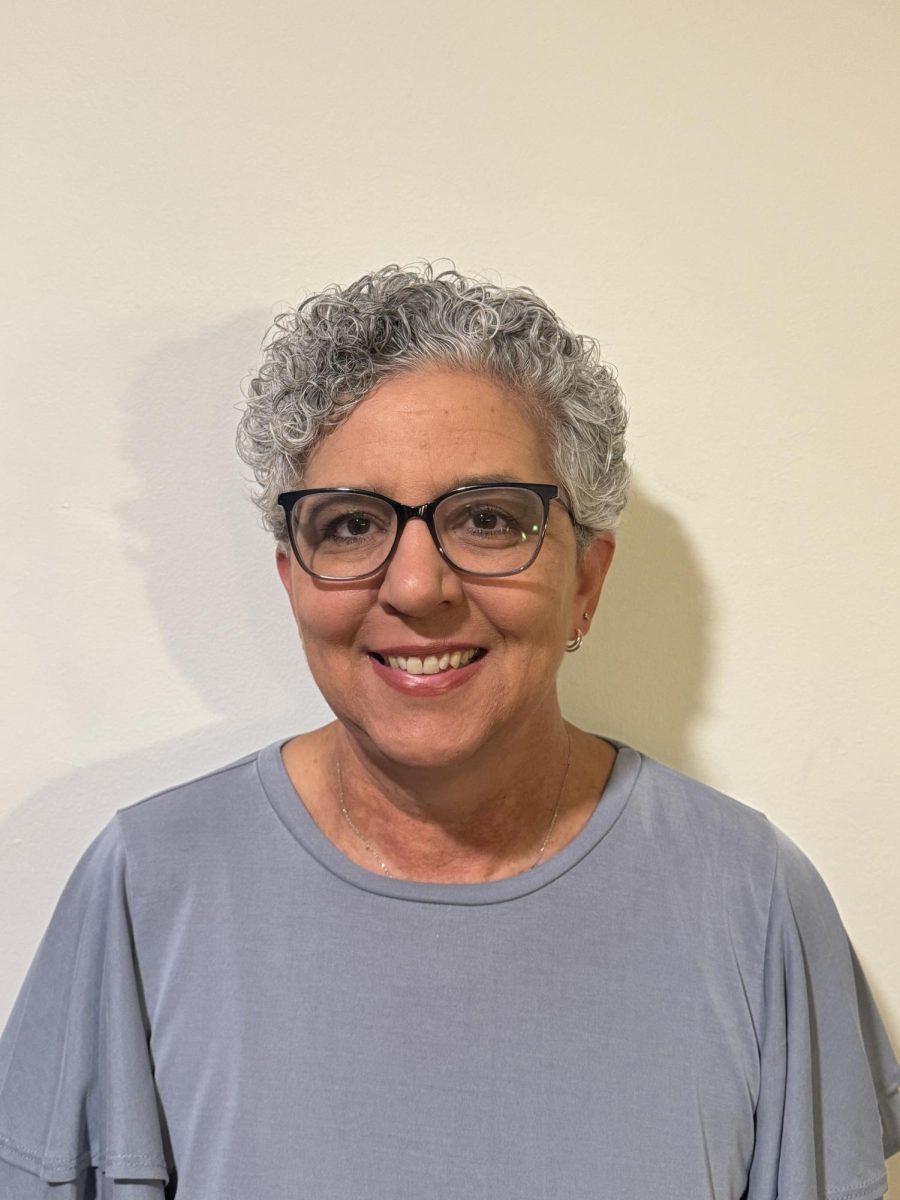Picture finally getting home from a long and strenuous day at school, having taken multiple tests and just craving a moment to relax. However, when you open up Instagram, you are left in a state of confusion and frustration as a message on your screen tells you that you have been permanently banned from the app until you turn 13 years old. This hypothetical scenario may become a new reality with HB-3, or Online Access to Materials Harmful to Minors, which aims to highly restrict minors’ social media usage across the state of Florida. HB-3 originally stemmed from HB-1, a highly restrictive social media ban bill which originally banned teenagers 15 and under from creating accounts on popular social media sites and requires social media companies to delete existing accounts held by those under the age of 16. Companies that are caught violating this law could face hefty fines of up to $50,000 per violation. Supporters of the bill claim that it will protect the mental health and safety of kids and teens online in Florida. After Governor Ron Desantis vetoed the bill, Florida lawmakers revised the bill in the hopes of compromising. The revision includes banning children under 14 years old, allowing it for children 14- and 15-years old with parental consent, and allowing those 16 and above to access social media freely. The Senate overwhelmingly passed the revamped bill on a bipartisan vote of 30-5. However, kids and teens will still attempt to bypass the age verification.
Sophomore Samantha Nappi said that many teens will try to set up a fake account and enter an older age to be able to access the apps. While many may will attempt to bypass the age verification, the task proves to be more of a challenge than most may think with the use of “reasonable age verification,” a secure method that will be used to check the ages of those creating social media accounts. According to CBS News, the platforms will be required to use independent organizations to enforce such a policy. The program will also verify the ages of existing accounts and deny accounts of those who refuse to verify their age, making it difficult for kids and teens to bypass the bill’s tight restrictions. The revamped bill mentions issues related to addictive features and algorithms.
Digital communication is an extremely important aspect of daily life, especially for teenagers. In today’s world, technology and social media are the main avenues teenagers use to connect with one another and build long-lasting relationships. Some might use it to keep in contact with friends from other schools or family that live far away. With the passage of HB-3, participating in such communication will be more of a challenge for teenagers across the state of Florida.
“We are in this wonderful age of expression where being on social media provides us this platform to stay in touch with our friends and family who don’t live in the same state as us, or maybe even friends who live in a different country,” Director of Marketing and Communications Kelly Gaines said.
However, Nappi’s stance on a social media ban bill acknowledges the positives as well as the negatives. “I agree but also disagree [with HB-3] because people will argue First Amendment rights and freedom of speech,” Nappi said. “But I also disagree because the state probably doesn’t get to decide what parents do with their kids or what they do with their lives.”
Gaines mentions how the ban will have implications for Trinity’s advertising campaign. Although Trinity mainly focuses its marketing efforts on parents and families, prospective students also factor into the marketing mix. Current Trinity students also use social media platforms to learn about the latest updates posted by the school’s social media sites. This makes social media important when it comes to staying connected.
“We’ve also witnessed where [students have] been watching us on YouTube and checking us out on Instagram,” Gaines said.
“… It’s been a great resource for the kids to really see our brand, to see an authentic footprint of what is in the life of a Saint on a daily basis, be it a community service initiative or a student leadership program that’s being managed on campus, Culture Fest, Author Fest or the senior retreat.”
Without this type of outreach to students on social media, Trinity’s marketing department will have to think outside of the box and find alternative methods of communication to reach out. This would mainly affect current Trinity Prep students.
“We all would have to go back to the more archaic channels of communication as far as text, e-mail and using the MyTPS portal,” Gaines said.
Reaching students will also be through the avenue of the new Trinity Prep School of Florida App, which is bound to become more popularized if the ban were to be implemented. Since key Trinity Prep social media sites will not be accessible to a majority of the student body, the app will serve as a new way of student communication. With the ban on social media for teenagers in Florida, community building, communication and outreach will be more of a challenge.
However, both Chief Technology Officer Alex Podchaski and Gaines mention that there could possibly be a benefit to the ban for teenagers, specifically regarding their futures. “When creating an online account, whatever channel you choose, you’re creating your own logo and your own brand,” Gaines said.
“You have to consider it like an online resume, and your behaviors, your opinions, your platform is how you’re growing.”
Online social media accounts are a mirror of oneself, and Gaines furthers that one’s actions online can have major implications for one’s future. “All the content that you put on your account is your brand, and to just be mindful about that and know that future employers could be using that as part of their decision-making process,” Gaines said.
Such a ban could protect kids in the long run, making sure that the decisions they make online when they are young do not come back to haunt them in the future. This is especially significant when applying to college as a senior or for a job later in life. Making sure your personal brand is what you want to represent you in the future is key, and, as teenagers, that might not be the first item on their minds. However, regarding on-campus restrictions, Podchaski notes that the technology department is now left with two options since the bill was passed in Florida. The first option would be banning all social media platforms for all students. The second option would be only allowing students who are legally allowed to access the social media platforms to utilize them for school purposes only. This would still allow student-run social media accounts such as the Trinity Prep Student Council account and the Trinity Voice account.
The Online Access to Materials Harmful to Minors bill is also detrimental to marketing professions with a primarily kids and teens-based audience. “You start thinking about things like esports and the gaming industry, which is targeted toward teens,” Podchaski said.
“You’re talking about a significant change across the board in just influencers alone. Anybody who was trying to be an influencer or is an influencer whose target market is younger than them just lost an entire market.”
Florida’s HB-3 will have immense effects on brands that mainly aim their marketing campaigns toward a young target audience, community building among kids and teenagers and more. Teenagers in today’s world utilize social media on a daily basis to build relationships and make long-lasting connections. These key aspects of social media will be threatened with the passage of HB-3. However, the ban could prevent young teenagers from doing something on these social media platforms that they could possibly regret in the future, and in doing so, protect their personal brand that will continue to follow them. Further, Trinity’s technology and marketing departments will have to find ways to adapt to such a drastic change, and students will have to find alternate methods to reach out and communicate with one another both on and off campus.
















